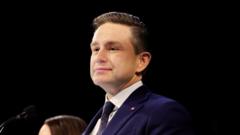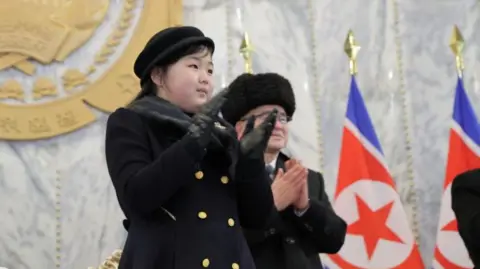The Conservative Party of Canada faced a shocking defeat during the latest elections, having dropped a staggering 27-point lead in the polls. Pierre Poilievre, the party leader and long-time MP, lost his own seat. With their position in disarray, members of the party are grappling with intense blame-shifting and calls for introspection.
Despite achieving their highest popular vote percentage since 2003 at 42%, the Conservatives once again failed to secure a victory, marking their fourth consecutive electoral loss. Behind the scenes, strategists are looking for ways to unify the party and perform their duties effectively as the Official Opposition without Poilievre leading in Parliament.
Poilievre has since announced plans to contest a special election in Alberta, following the resignation of an MP to allow his comeback. The Alberta constituency is traditionally Conservative-leaning, giving him a strong chance of reclaiming a seat.
However, questions linger about his support within the party, with some insiders expressing confidence in his leadership while others see flaws in party dynamics. Criticism has also emerged aimed at Doug Ford, the Ontario leader, who some believe marginalized Poilievre’s campaign.
Conservative insiders report further concerns about Poilievre's appeal across Canada; his confrontational style has not impressed many moderates, particularly in the eastern regions. As discussions of the party's future begin, they face the challenge of addressing internal divisions and rebuilding a collective vision moving forward.





















